What is the Cloud?
Don’t be haunted by data loss or theft. Move your business data to the cloud and reap the benefits of accessing all your information – on any device with an internet connection.
In this ever-changing age of technology, your business needs to be agile and have room for growth. If your Milwaukee area business hasn’t jumped on the cloud computing bandwagon just yet, you’re missing out on a cutting-edge data storage solution that has taken the tech industry by storm. This is especially true for businesses who want flexible capabilities and cost effective storage solutions.

Our IT support and services have been rated 5 / 5 based on 10 testimonials from our clients.
Cloud services
What You Need to Know About the Cloud
So what is the cloud exactly?
The tech industry loves buzzwords. “The cloud” has become one of those ever-present phrases you hear all the time, but can’t quite put your finger on. So let’s start from the beginning…
1) What is the Cloud?
In simplest terms, cloud backup stores data online, rather than your computer. Data stored in the cloud can be accessed through a software interface that’s as easy to use as a web browser. This means you can access any of your data, from any device.
The “cloud” is a reference to software and services run on the internet, instead of through a software program on your computer. In other words, “the cloud” is just a metaphor for “the internet”. Examples of consumer based cloud storage providers would be Google Drive, Carbonite and Dropbox. (We strongly recommend that small businesses and larger organizations use business cloud services due to widespread security risks with consumer grade solutions.)
Small Business Cloud Backup Services
Businesses use cloud storage services for collaborating files, online document storage, document sharing and of course as a data backup solution for disaster recovery. For this, and many other reasons, businesses are moving to the cloud for cheaper, flexible capabilities that appeal specifically to both large and small businesses.
2) What is Cloud Computing?
What is cloud computing and how is it different from cloud storage?
Cloud computing takes cloud storage one-step further by providing an off-site server that hosts enterprise-wide applications like hosted Exchange email, CRM or databases.
Simply put, cloud computing is a cluster of servers networked together to pool resources and share load, while cloud storage is the storage you receive from cloud servers. Similar to cloud storage, cloud computing allows you to scale up or down as needed without maintaining or purchasing new hardware.
3) How Secure is the Cloud?
Before we get into cloud security, understand there are three different types of cloud.
 Public Cloud: Public cloud is a virtualized environment that shares physical resources. It is accessible over a public network like the internet.
Public Cloud: Public cloud is a virtualized environment that shares physical resources. It is accessible over a public network like the internet.
If your business doesn’t require the level of infrastructure and security offered by private clouds, public clouds can be used to store non-sensitive information, document collaboration and webmail. Public cloud services offer a pay-as-you-go model where you pay for what you use.
Hybrid Cloud: Hybrid cloud is designed for use by a single organization. In a hybrid cloud, the public and private clouds are separate and independent so highly sensitive data can be stored in the private cloud, while the public cloud leverages the power of applications, lower costs and scalability. The hybrid cloud is a model that keeps data exposure to an absolute minimum.
Private Cloud: Private cloud delivers similar advantages to the public cloud, but with heightened data security, as the most secure cloud storage available. If your organization requires the following three criteria, a private cloud may be the best cloud storage to meet your needs.
- Your organization has mission-critical workloads.
- Data within the organization absolutely needs to remain secure due to HIPAA requirements or other compliance regulations.
- Your organization has strict uptime requirements.
- Your organization anticipates unpredictable data and resource needs.
5 Key Aspects of Cloud Storage Security
There are several technologies and policies used for cloud computing. Consider these 5 key aspects of security when selecting a cloud storage provider for your business.
#1: Access Restrictions
Since data on a cloud provider’s service could potentially be accessed by an employee within the company, there should be safeguards in place that restrict access to the data and specify who can manage it.
#2: Encrypted Data
Data should always be securely encrypted, as long as it is in use by the cloud service. The data needs to be secured both on the server and when it is in transit to your network.
#3: Secure Data Transfer
When data is transferred between your cloud service and network, it should always travel on a secure, encrypted channel that is authenticated through industry standard protocols.
#4: Secure API Software Interfaces
Software interfaces known as API’s are used to interact with cloud services. Your cloud provider needs to integrate security throughout their service, from access control to activity monitoring.
#5: Data Separation Between Customers
Since cloud services share resources, “virtual containers” need to be in place for each of the provider’s customers to ensure each set of data is contained and secured.
Is the Cloud More Vulnerable than Your Own Business Network?

The fact is, the cloud in and of itself, is secure, but it is susceptible to security measures that must be applied – just like your in-house IT infrastructure.
Just as one company’s network might not be as secure as another, one cloud service provider may employ more heightened security measures, while others may be missing one or more of the five considerations listed above.
What’s the Next Step?
Interested in learning more about cloud backup services? For business grade cloud file sharing and the most secure cloud storage options available, contact us online or call our office at (262) 522-8560. We’ll help you find the best online storage solution that meets the needs of your business and puts you into compliance with industry regulations.







